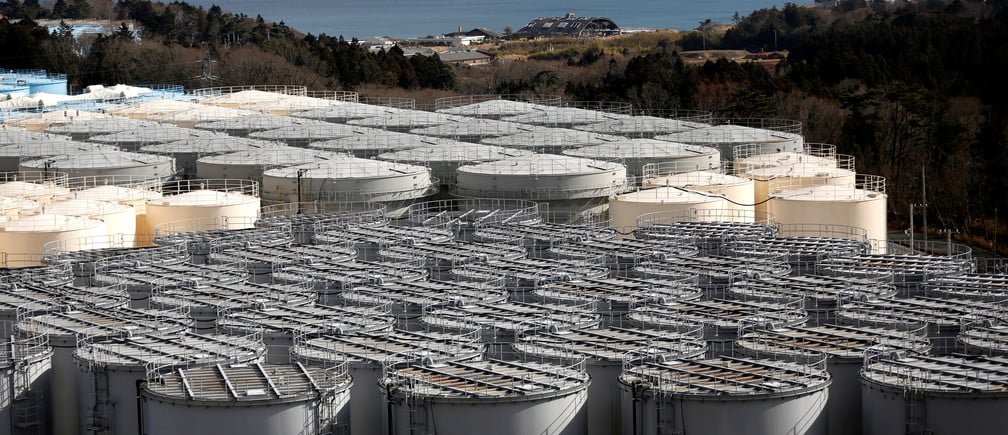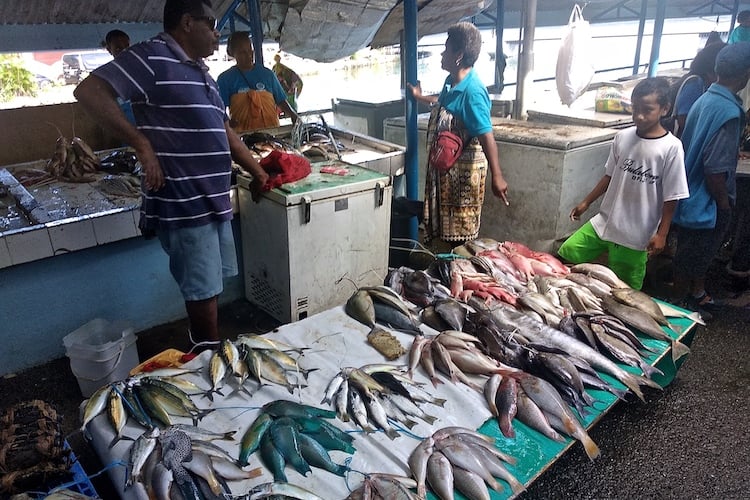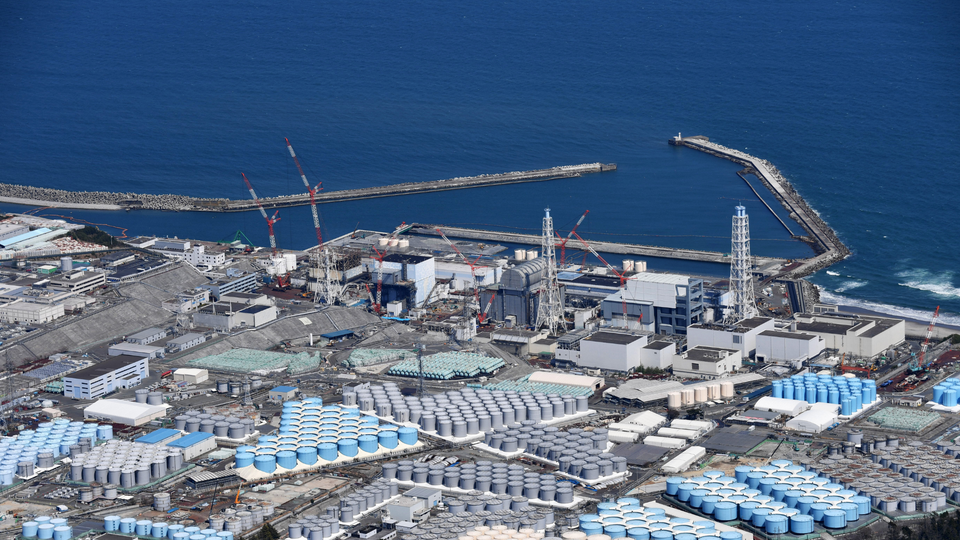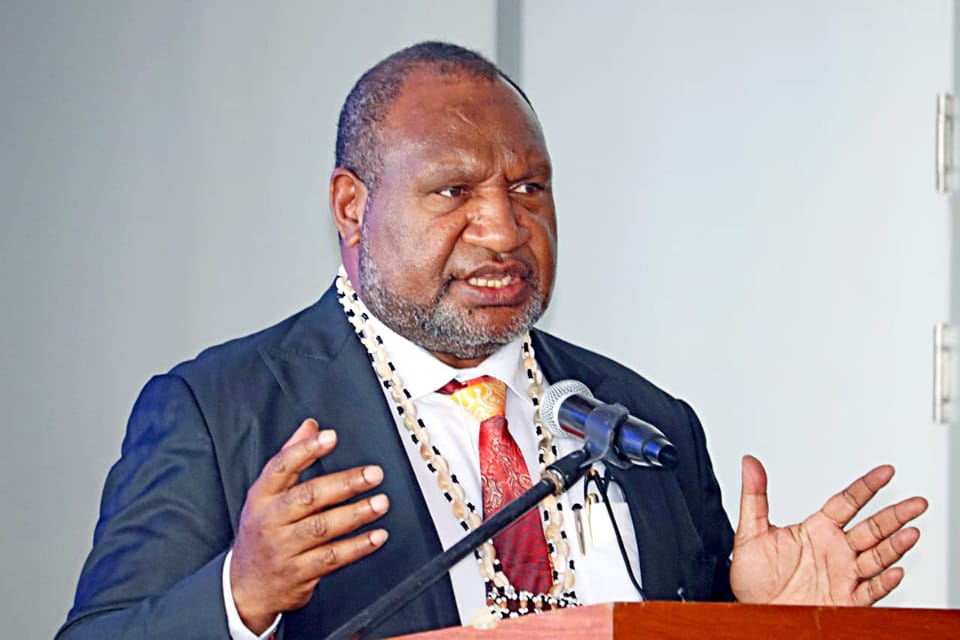Pacific Elders say Japan’s plan to dump toxic water into Pacific Ocean constitutes a “disregard for the human rights”
Japan’s persistent plan to discharge radioactive water from the destroyed Fukushima nuclear plant into the Pacific Ocean constitutes a “disregard for the human rights” of people living in the region, according to the Pacific Elders Voice (PEV).
“Japan has obligations not to allow pollution from their own waters to pollute international waters or the waters of other countries,” PEV said in a statement.
“Japan is under an international legal obligation to take all measures possible to avoid transboundary pollution from radioactivity, and develop alternatives to dumping in the Pacific by continued storage and treating the water to remove radioactive, including carbon- 14 and tritium,” the group added.
Despite protests from regional neighbors including the Pacific island countries, Japan is bent on releasing more than a million tons of filtered nuclear wastewater this year, maintaining that the process is safe.
Since the 2011 massive tsunami that destroyed the Fukushima Daiichi Nuclear Power Plant, 1.25 million tons of nuclear wastewater remain in storage.
“We see many strong reasons to oppose the discharge of Fukushima wastewater into the Pacific Ocean,” according to PEV, a nonprofit organisation composed of former Pacific island leaders.
“The climate and biodiversity emergencies we currently face are already presenting severe threats to our waters, and so a decision by any government to deliberately contaminate the Pacific with radioactivity because it is the most cost-effective option seems perverse,” PEV said.
Citing an independent assessment by a panel of experts, the Pacific Islands Forum earlier said there was insufficient data to classify the impending discharge by Japan as “safe for Pacific people and our ocean’s biodiversity.”
The Forum insists that nuclear wastewater be released only when there is enough data and information to make a full assessment of impacts on human health and the environment.
At the 9th Pacific Island Leaders Meeting in July 2021, Forum leaders and Japanese Prime Minister Yoshihide highlighted the priority of “ensuring international consultation, international law, and independent and verifiable scientific assessment.”
“Japan has failed to consult with affected coastal countries, especially northern Pacific island states and no environmental impact assessment has been conducted,” PEV said.
But consultation “does not necessarily mean ‘permission,’” PEV said, adding that “there is a need for greater sensitivity to the culture, traditions and the unique relationship Pacific peoples have to the environment.”
“We very much hope that the government of Japan will respect the concerns of the people and environment of the region and should not release the radioactive water into the oceans, with all its ramifications on the Blue Pacific and the consequences on the biggest economic base for the PSIDS,” PEV added.
PEV members include Hilde Heine, former Marshall Islands president; Tommy Remengesau, former Palau president; Anote Tong, former Kiribati president; Enele Sopoaga, former Tuvalu prime minister; Dame Meg Taylor, former secretary general of the Pacific Island Forum Secretariat; Robert Underwood, former congressman and president of the University of Guam; Kaliopate Tavola, former Fiji minister; and Konai Helu Thaman, former professor at the University of the South Pacific.
This story was written by Mar-Vic Cagurangan, originally published at Pacific Island Times on 03 March 2023, reposted via PACNEWS.




